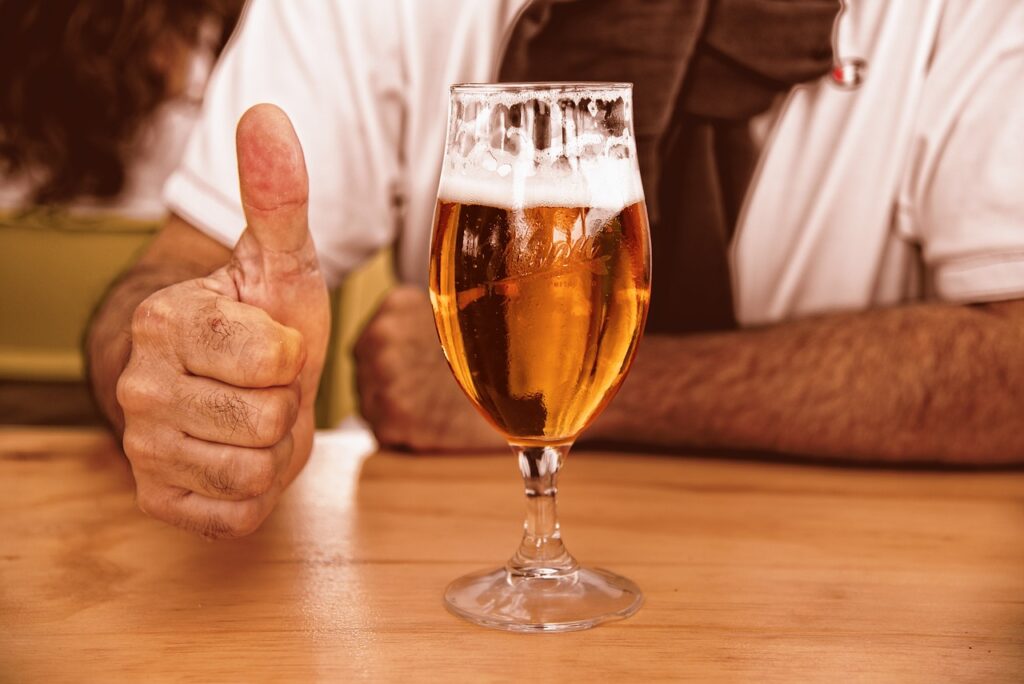Traditional beer consumption in Germany is declining, while alcohol-free varieties are booming. According to the federal statistics office, sales of alcohol-free beer have jumped by 109 percent since 2013. At the same time, overall beer sales are at their lowest point in more than three decades.
For the first time, total sales dropped below four billion liters in a six-month period. From January to June 2025, German breweries sold about 3.9 billion liters. That represents a decrease of 6.3 percent, or 262 million liters, compared with the first half of 2024.
breweries adjust to new drinking habits
Erdinger brewery near Munich has been making beer since the 1880s. Chief executive Stefan Kreisz says drinking habits have shifted. Today, around a quarter of Erdinger’s production is alcohol-free.
He argues that breweries must connect with young people. “You need to understand how they meet and how they celebrate. No algorithm tells you to drink a beer,” he explains.
Kreisz believes beer culture in Germany will endure. Erdinger promotes its alcohol-free beers at sporting events, marketing them as a natural alternative to energy drinks.
conscious drinking becomes popular
At Café Kosmos in Munich, barman Louis von Tucher sees more health-minded customers. “In the 2000s, people got upset if you suggested they drink water,” he recalls. “Now people are more conscious about what they drink. Most still consume alcohol, but more carefully, and they mix in alcohol-free options.”
Even so, von Tucher points out that regular beer still dominates sales. “It’s only a small shift,” he says. “We sell between 150 and 500 liters of normal beer at night, but just around 20 liters of alcohol-free. The difference is still very large.”
festivals keep tradition alive
At Bamberg’s Sandkerwa folk festival, beer culture feels as strong as ever. The five-day celebration fills the medieval streets with music, food stalls and countless beer stands.
In the old town, Pascal drinks a beer with a friend. “Beer is very important here. We have many breweries. People come for the beer and the fest. I don’t think people here drink less than before,” he says.
Magdalena, a student, agrees as she looks around at the crowd outside a beer garden. “Everyone has a glass of beer. It’s a big part of daily life, even if unhealthy. We all know that,” she admits. “In my generation, people drink less each day, but it’s still Germany, and it’s still Bavaria.”


